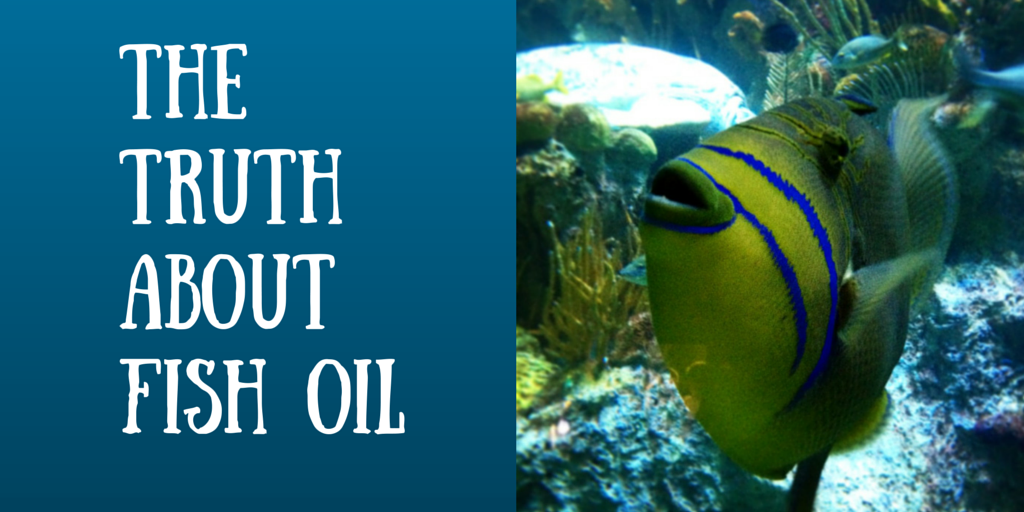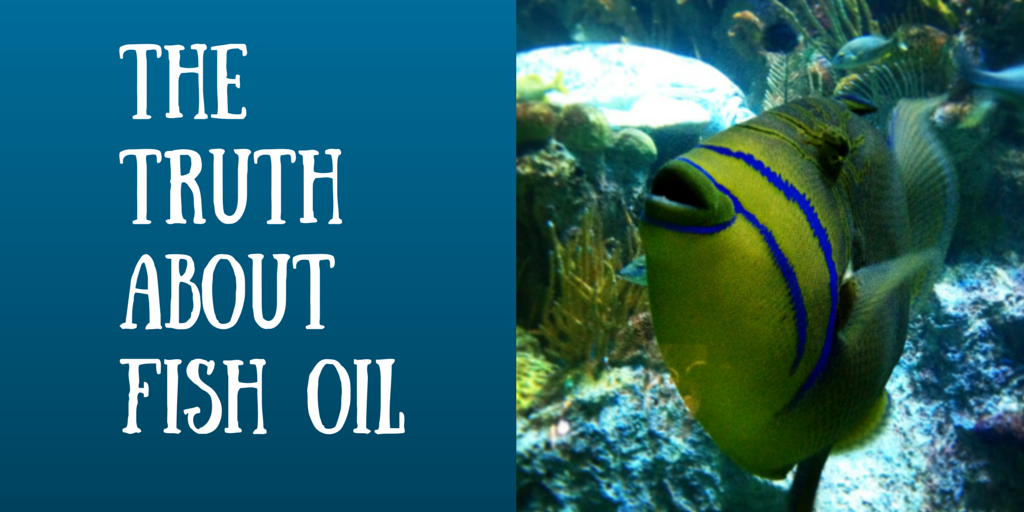
Fish oil is currently being touted as an important dietary supplement. There are many claims that the omega-3 fatty acids found in fish oil are beneficial. They may protect against heart disease, support brain health, and create a healthier omega-3:6 ratio.
But are the popular claims true?
I myself originally believed these claims and began to swallow fish oil by the tablespoon. But as I learned more about the science and discovered Dr. Raymond Peat’s comprehensive argument on the effects of fish oil,1 my eyes were opened to the whole picture, and the supposed health benefits began to look like shortsighted misperceptions. While it is true that coastal communities with a high omega-3:6 ratio have low disease rates, we should not jump to the conclusion that taking fish oil will produce the same results.
Fish oil supplements do not necessarily achieve the same health benefits as coastal diets high in fish.
First of all, the people living in coastal communities with high omega-3:6 ratios and low disease rates do not take fish oil. They get their omega-3 straight from the source by consuming fresh fish. This is a key distinction. When it comes to real food versus pills, real food is always better.
It’s also important to be aware of the different roles omega-3 plays in our diet versus the coastal diet. Omega-3 fatty acids are a class of “essential” polyunsaturated fats (PUFAs). PUFAs are unstable and, in excess, can cause problems in the body. Overall, the members of the coastal communities have extremely low exposure to foods high in PUFAs and edible oils rich in omega-6. This has more to do with their health than omega-3 consumption. When it comes to lowering the risk for disease, the important thing is to reduce the overall PUFA content in the diet. So adding fish oil supplements may actually do more harm than good, particularly in diets already high in PUFAs and unhealthy oils (such as the typical American diet).2-9
But does omega-3 have some benefit?
In my next post, we will dig deeper to explore the specific risks and benefits of omega-3. Interested in receiving more in-depth content on health and nutrition topics? Sign up for my newsletter.
References
- Peat R. The great fish oil experiment. www.RayPeat.com (2006). http://raypeat.com/articles/articles/fishoil.shtml.
- Amusquivar E, Rupérez FJ, Barbas C, et al. Low arachidonic acid rather than alpha-tocopherol is responsible for the delayed postnatal development in offspring of rats fed fish oil instead of olive oil during pregnancy and lactation. J Nutr 130, no. 11 (Nov 2000): 2855-65. http://www.ncbi.nlm.nih.gov/pubmed/11053532.
- Church MW, Jen KL, Anumba JI, et al. Excess omega-3 fatty acid consumption by mothers during pregnancy and lactation caused shorter life span and abnormal ABRs in old adult offspring. Neurotoxicol Teratol 32, no. 2 (Mar-Apr 2010): 171-81. http://www.ncbi.nlm.nih.gov/pubmed/19818397.
- Filaire E, Massart A, Portier H, et al. Effect of 6 Weeks of n-3 fatty-acid supplementation on oxidative stress in Judo athletes. Int J Sport Nutr Exerc Metab 20, no. 6 (Dec 2010): 496-506. http://www.ncbi.nlm.nih.gov/pubmed/21116022.
- Fodor GJ, Yazdekhasti N, Vohnout B. “Fishing” for the origins of the “Eskimos and heart disease” story. Facts or wishful thinking? A review. Can J Cardiol (2014). doi: 10.1016/j.cjca.2014.04.007. http://ottawa.ctvnews.ca/polopoly_fs/1.1814937!/httpFile/file.pdf.
- Korkmaz H, Temel T, Bugdaci MS, et al. Effects of fish oil on cell proliferation and liver injury in an experimental model of acute hepatic injury induced by carbon tetrachloride. Bratisl Lek Listy 115, no. 4 (2014): 185-9. http://www.ncbi.nlm.nih.gov/pubmed/24797591.
- Mabile L, Salvayre R, Bonnafé MJ. Oxidizability and subsequent cytotoxicity of chylomicrons to monocytic U937 and endothelial cells are dependent on dietary fatty acid composition. Free Radic Biol Med 19, no. 5 (Nov 1995): 599-607. http://www.ncbi.nlm.nih.gov/m/pubmed/8529919.
- Pettypiece S. Fish oil doesn’t prevent irregular heartbeat following surgery. Bloomberg Business (Nov 2012). http://www.bloomberg.com/news/articles/2012-11-05/fish-oil-doesn-t-prevent-irregular-heartbeat-following-surgery.
- Shaikh SR, Edidin M. Immunosuppressive effects of polyunsaturated fatty acids on antigen presentation by human leukocyte antigen class I molecules. J Lipid Res 48, no. 1 (Jan 2007): 127-38. http://www.ncbi.nlm.nih.gov/m/pubmed/17074926.








1 Comment